As increased travel, migration and trans-national cooperation shrinks the world into one global community, the Ohio State Department of Surgery aims to foster the training and development of students, residents and faculty who are prepared to meet the challenges and opportunities of the modern era. During PGY4, our residents have a unique opportunity to participate in one-month international elective rotations in either a high-income country (HIC) or a low- and middle-income country (LMIC) setting.
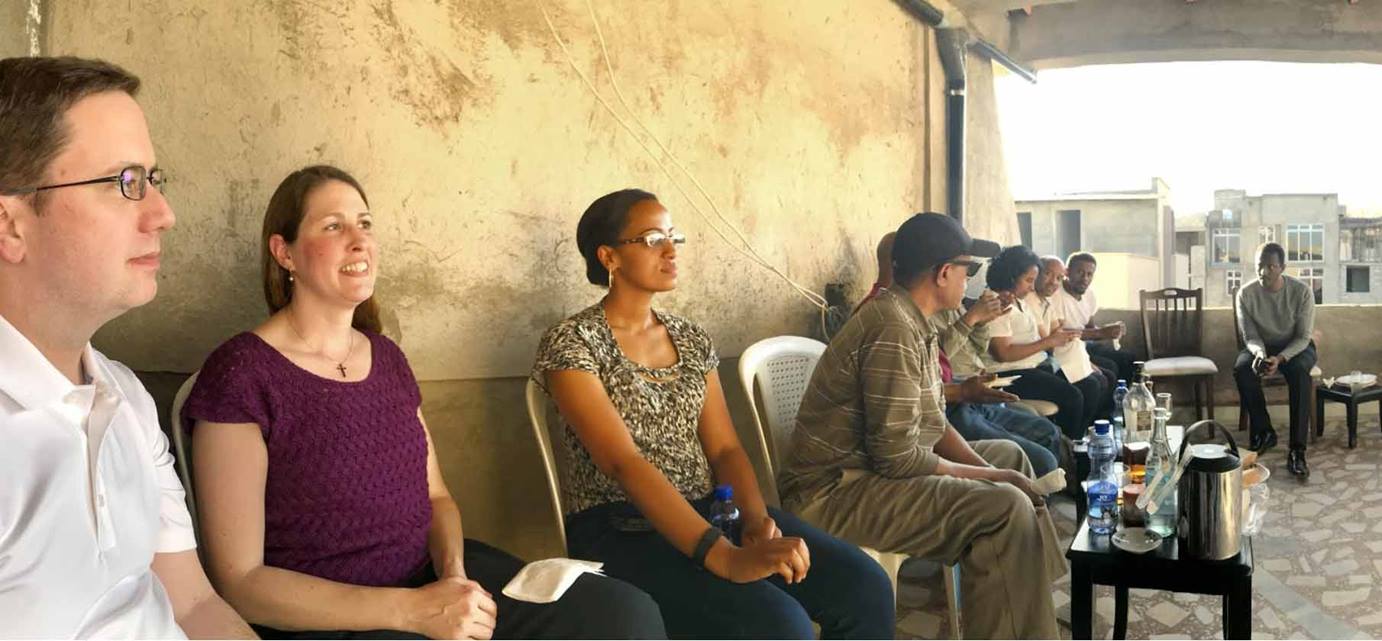
Our Mission and Vision
Our mission is to help develop our students, residents and faculty to become global citizens. We hope to become a global leader in promoting safe surgical care in underserved communities at home and abroad, through partnerships in education, training, research and innovation.
Our vision is to improve access to quality surgical care worldwide.
Exposing residents to different health systems
Rotations in a HIC setting, where disease conditions are similar to those in the U.S., expose residents to complex surgical care in a different health system. In contrast, exposure to surgery in the under-resourced environment of LMIC hospitals has the primary goal to help provide care to host communities. In addition, there are possible benefits for our residents as they gain exposure to diseases and treatment approaches not typically seen in the U.S. and learn how to carefully utilize scarce resources to provide effective surgical care. In both settings, residents develop international professional relationships that will be useful in the future.
Our general surgery elective rotations are purposefully located in teaching institutions, so our residents are able to participate in peer teaching, as well as design and implement scholarly projects in collaboration with residents and faculty in our partner departments of surgery. The Ohio State global surgery electives are designed as ACGME-accredited rotations.
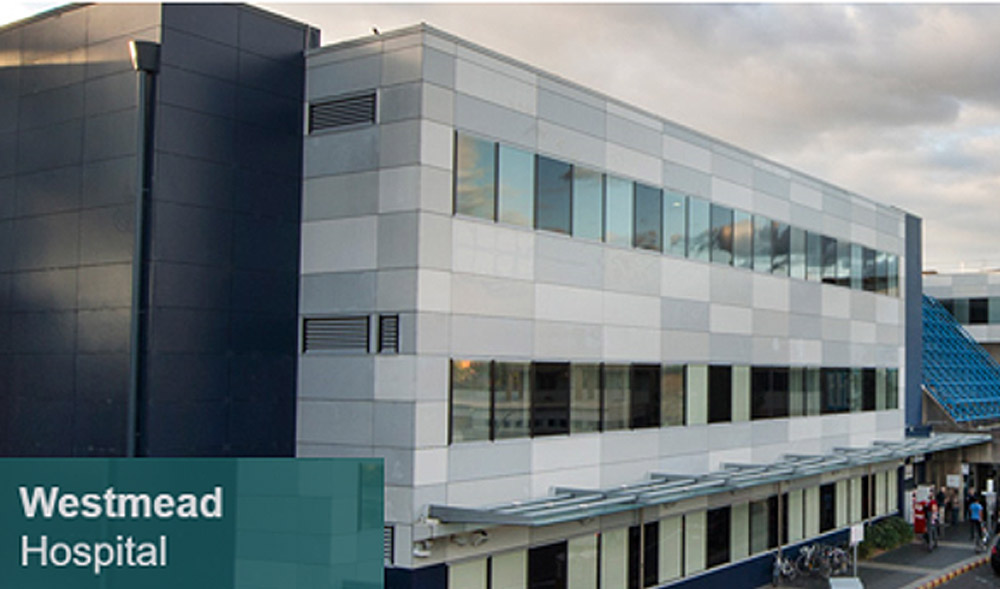
High-Income Country (HIC) Rotation
ACGME-accredited rotations to Westmead Hospital, Sydney, Australia, began in 2017. Westmead Hospital is a 975-bed major tertiary hospital that is affiliated with the Sydney Medical School at the University of Sydney.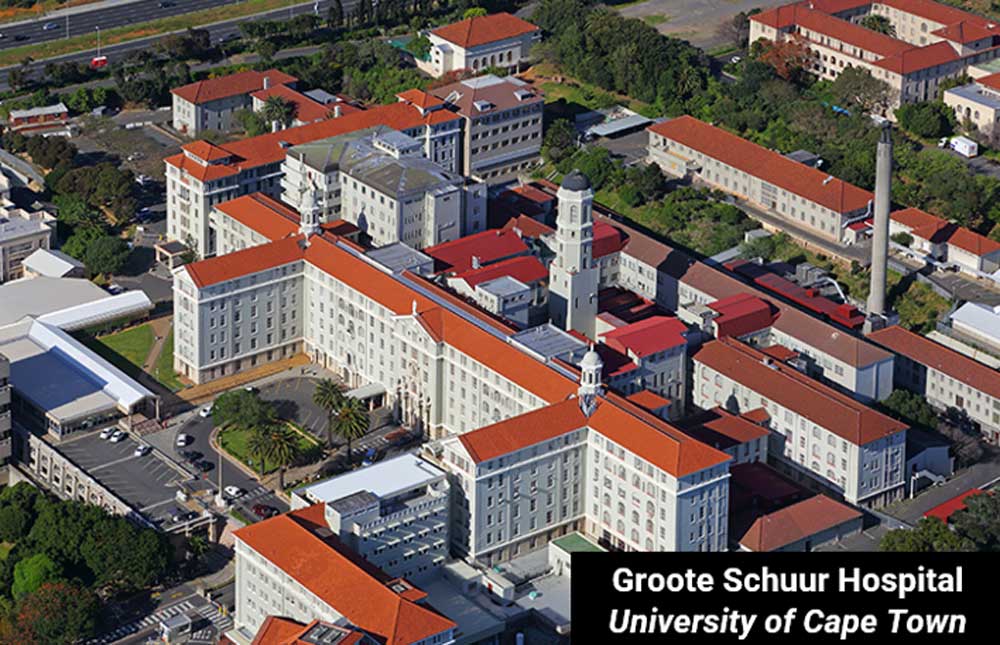
Low- and Middle-Income Country (LMIC) Rotation
We made our initial successful ACGME-accredited rotation to the Black Lion Hospital/Addis Ababa University, Addis Ababa, Ethiopia in 2018. Following the pandemic, we recently began a new rotation in Groote Schuur Hospital, Cape Town, South Africa, through the University of Cape Town. This rotation also allows the resident to select in advance from multiple affiliated secondary hospitals in Cape Town, depending on the resident’s professional interests.
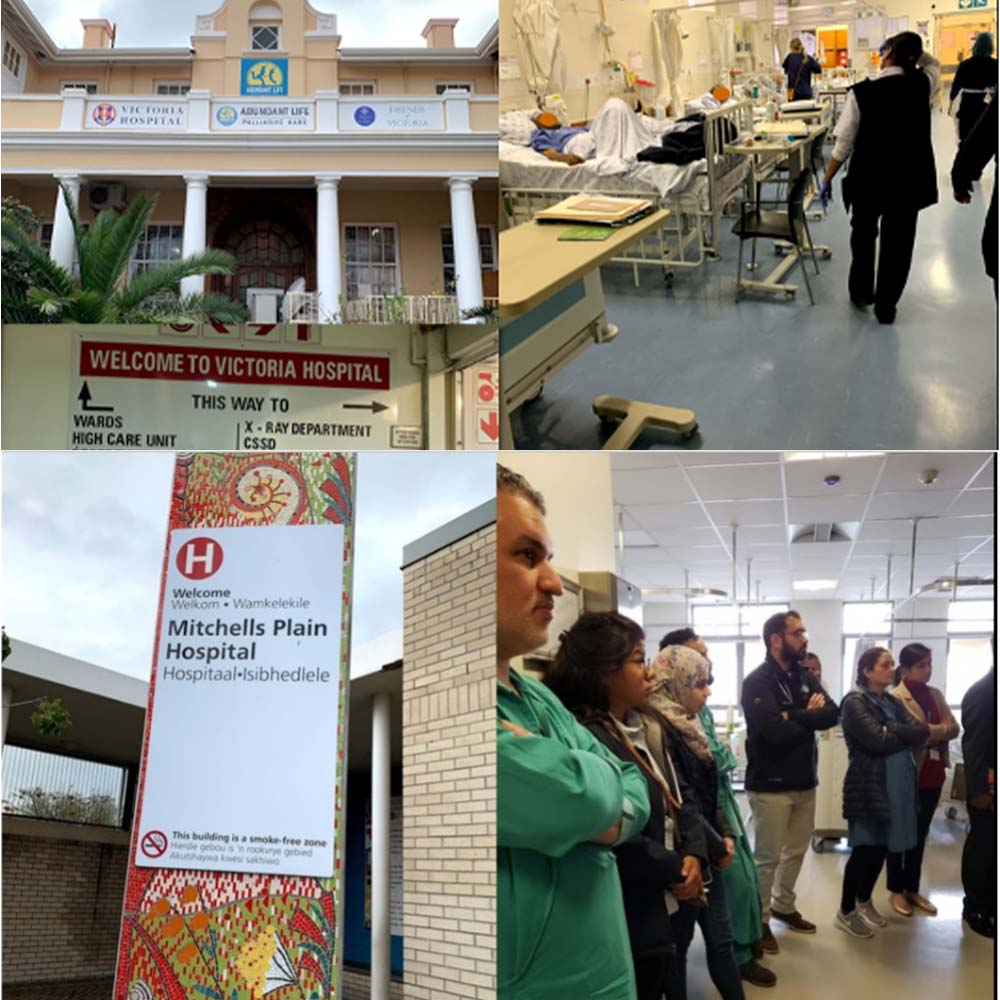
Global Health Scholars Program
Ohio State general surgery residents who are interested in taking the global surgery elective rotation are encouraged to enroll in the OSUWMC Global Health Scholars Program (GHSP). This is a two-year program, available to medical and surgical residents across all GME programs in the Ohio State Wexner Medical Center. The GHSP is designed to provide residents and fellows focused training to gain proficiency in core global health competencies, designed to supplement experiential learning during global health rotations. The course consists of a didactic curriculum with an asynchronous portion (online modules) and in-person lectures/journal clubs. Trainees will also be provided longitudinal mentorship with faculty, be expected to participate in experiential learning through a global health rotation and present a scholarly project.
Meet our Global Surgery Program Director
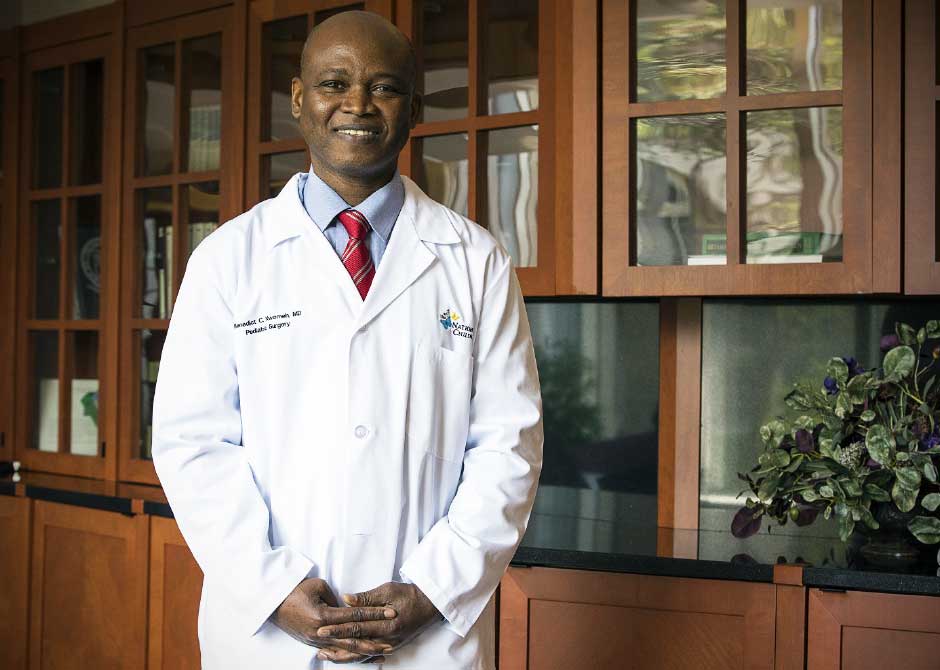
Benedict Nwomeh, MD
As director of the Global Surgery Program at Ohio State, Dr. Nwomeh is encouraging residents and faculty to become global citizens and contribute to making safe surgical care available to patients around the world.“This program is important because it teaches physicians about global health issues and better prepares them to treat underserved populations in America and around the world,” he explains. “It is a program aimed at making sure everyone, no matter where they live, has access to safe and high-quality surgical care.”
